Nollywood community was on Friday night thrown into grief as the news filtered in that veteran actor, Dejumo Lewis, passed away at 80 years.
Lewis bade farewell to the stage, leaving behind a tapestry of cinematic brilliance that includes memorable performances in films like “ The Village Headmaster, “A Place in the Stars,” “Crossroads,” and “Power of 1.”
The news of his passing was confirmed by fellow actor, Saidi Balogun, in an Instagram post on Saturday.
Per Second News gathered that while the specifics surrounding his departure remain shrouded in silence, Balogun’s emotional tribute triggered emotional outpouring of condolences and cherished memories from both fans and colleagues alike.
Notable figures within the industry took to social media platforms to express their shock and grief.
Lewis’s demise, described as untimely, comes at a moment when his wealth of experience and profound understanding of theatre is perceived as a significant loss to the artistic community.
In a poignant revelation from an interview with our reporter some months back, Lewis had shared a dream that remained unfulfilled in his lifetime.
He aspired to launch his book, titled “Project Afrikar,” a work envisioned to contribute to the development of Africa by Africa.
However, the realisation of this dream was shattered by lack of financial strength.
In his own words, he articulated that “Project Afrikar” aimed to spotlight the enduring impact of imperialism and colonialism, urging Africa to take the reins of its own development for a sustainable future.
“I am calling attention to the fire effect of imperialism and colonialism and that Africa must get on top of its development if it desires its development to be sustainable.
“ I have seven volumes of the same book. I was going to publish like that before, but I realised it was so bulky and it might be a put-off to many people who are interested in that subject.
“So, I have to break down everything into seven volumes of the same generic and serial title The Project Afrika- Developing Africa by AfriKa.
“The implication of this is that it is calling attention to the destructive effect of imperialism, colonialism, even from the early period of what is now the norm in Africa regarding governance and development,” he had said.
He added: “That it is foreign investment and foreigners that have been involved in our development and not our people; even though we have been having western education in areas like engineering, medicine, name it, economics, governance, international relations and all that.
“By the way, the spelling of Africa in the Project Africa is with a ‘K’ not a ‘C’.”












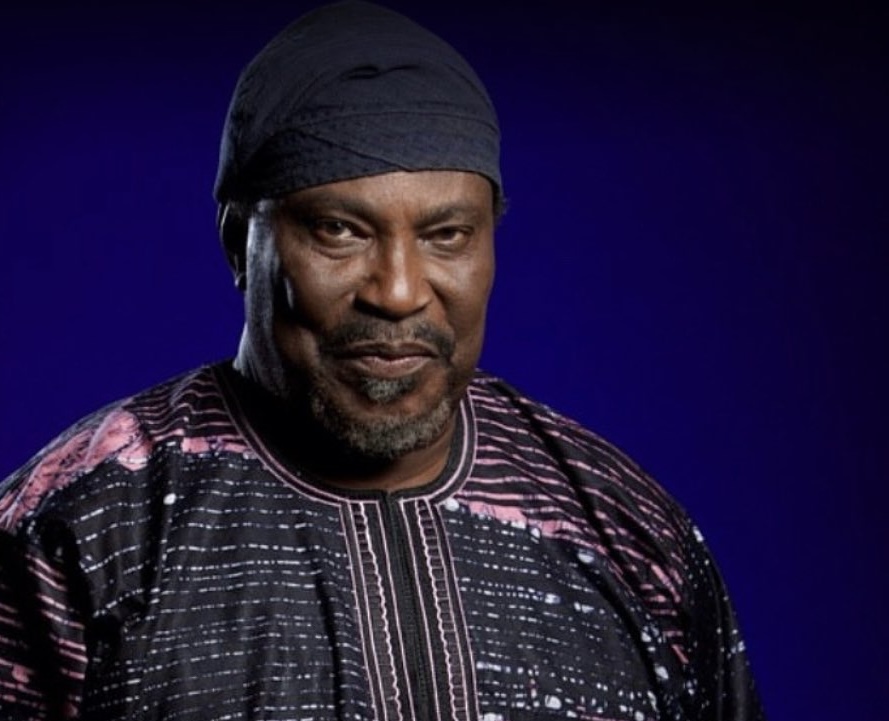






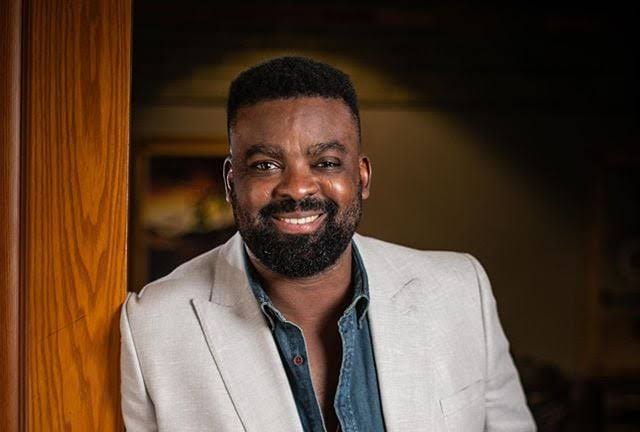



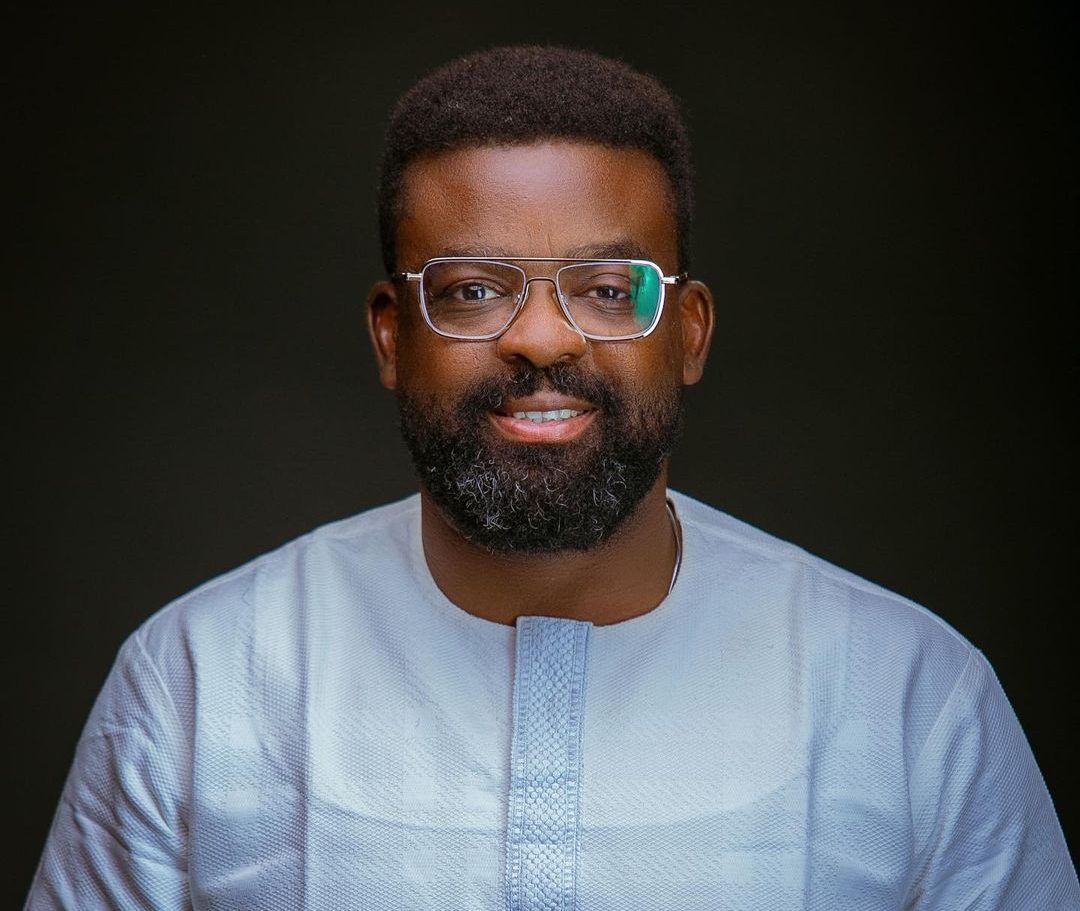

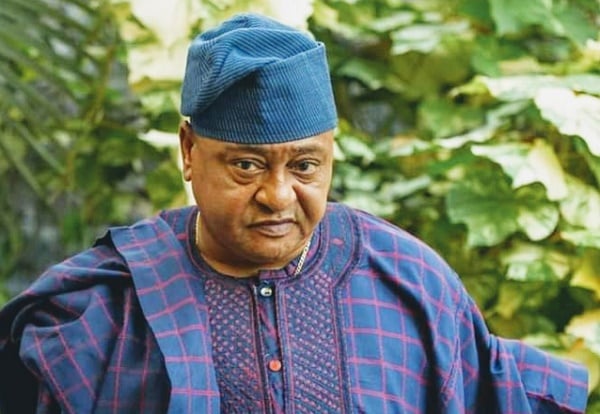








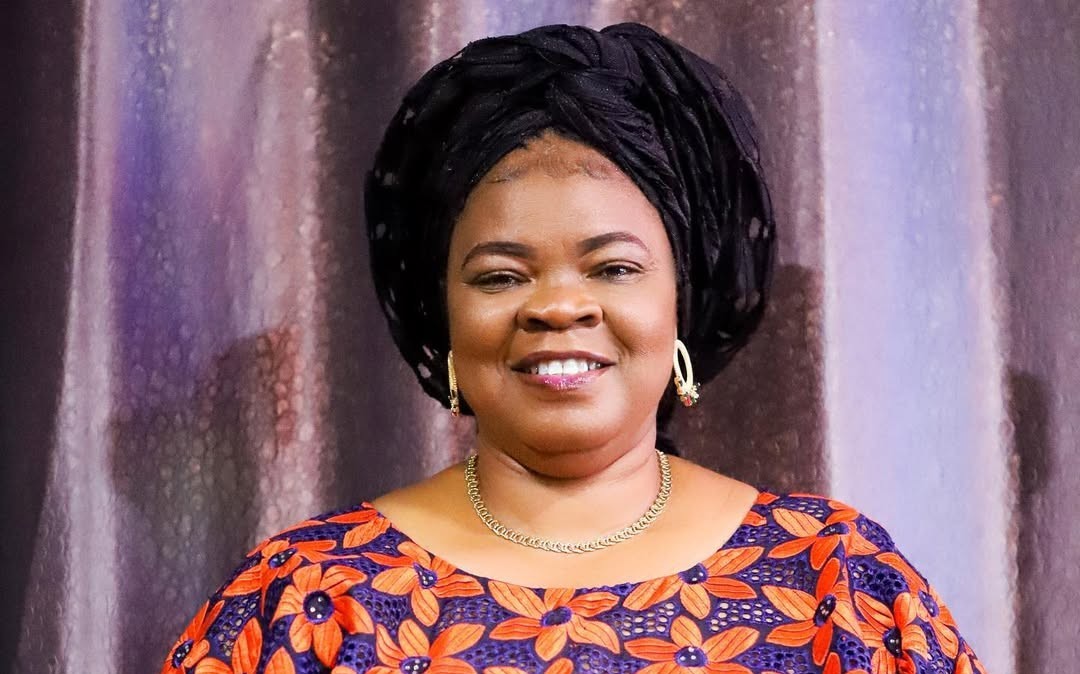


Leave a comment